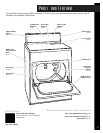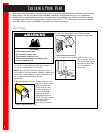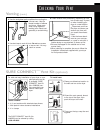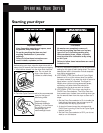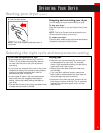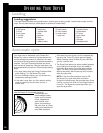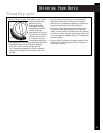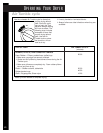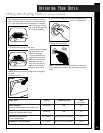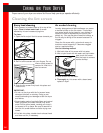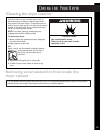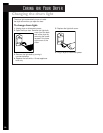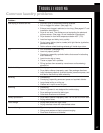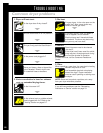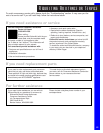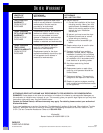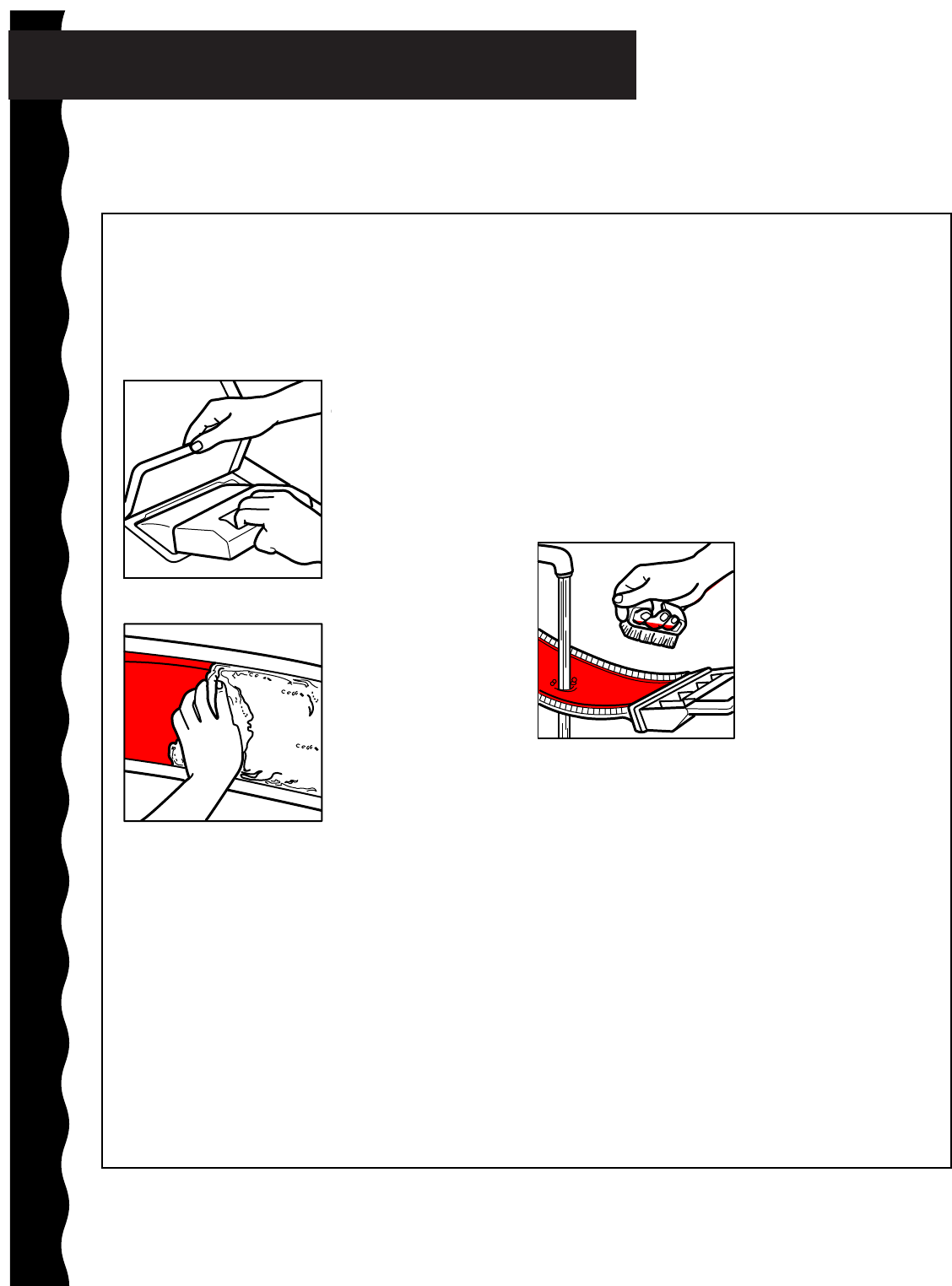
14
Proper care of your dryer can extend its life and help your dryer operate efficiently.
Cleaning the lint screen
Every load cleaning
The lint screen is located under a lid on top of the
dryer. Clean it before each load. A screen
blocked by lint can increase drying time.
To clean:
1. Open the lid and pull the lint screen towards you.
As needed cleaning
Laundry detergents and fabric softeners can cause
a residue buildup on the lint screen. This buildup
can cause longer drying times for your clothes, or
cause the dryer to stop before your load is com-
pletely dry. You may be able to see this buildup, or
the lint may be falling off the screen because it is
clogged.
Clean the lint screen with a nylon brush every six
months or more frequently if it becomes clogged
due to a residue buildup.
Use the following method:
1. Wet both sides of lint screen with hot water.
2. Wet a nylon brush with hot water and liquid deter-
gent; scrub lint screen
with the brush to remove
residue buildup.
2. Roll lint off the screen with your fingers. Do not
rinse or wash screen to
remove lint. Wet lint is
hard to remove.
3. Push the lint screen firmly back into place and
close the lid.
IMPORTANT:
• Do not run the dryer with the lint screen loose,
damaged, blocked, or missing. Doing so can
cause overheating and damage to both the dryer
and fabrics.
• Some towels made of synthetic fibers and natural
fibers (polyester and cotton blends) may shed
more lint than other towels, causing your dryer’s
lint screen to fill up faster. Be sure to remove lint
from the lint screen before and after drying new
towels.
• If lint falls into chute, double-check exhaust hood
and clean out lint, if necessary.
3. Rinse screen with hot water.
4. Thoroughly dry lint screen with a clean towel;
replace in dryer.
Caring for Your Dryer



